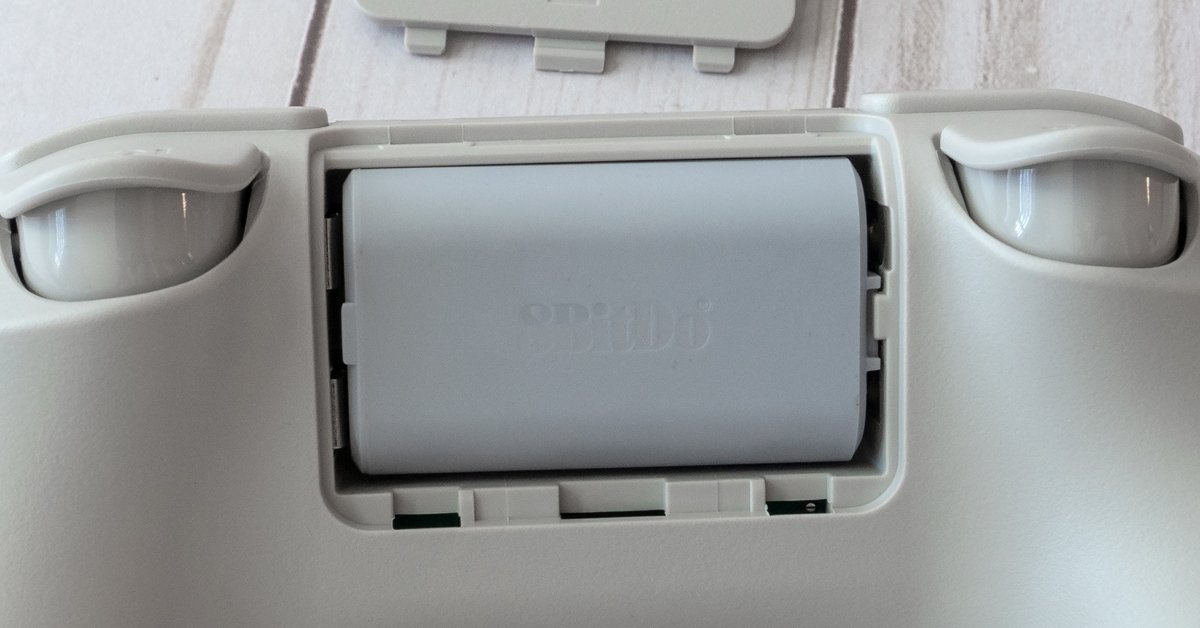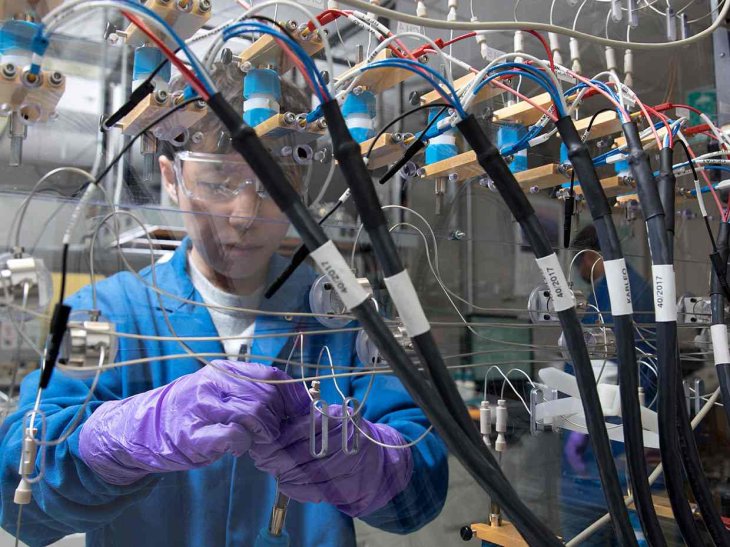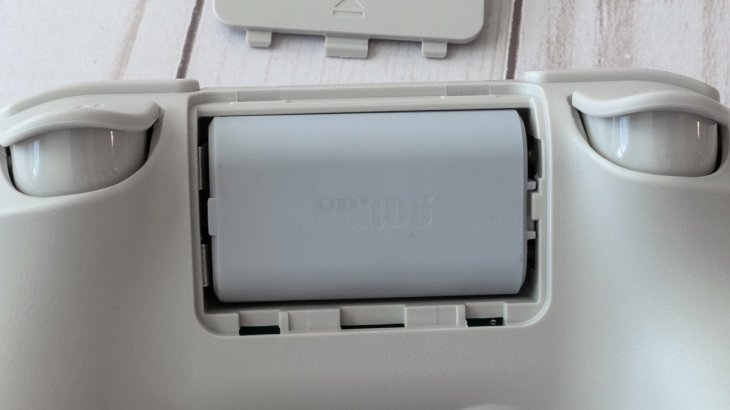IBM Has Developed A New Battery That's Better, Safer Than Lithium-Ion
Dhir Acharya - Dec 21, 2019

The new battery doesn't require heavy metals, which is more friendly to the environment and reduces risks of explosions and fire compared with lithium-ion.
- IBM And Fujifilm Team Up To Create Magnetic Tape With World-Record 580TB Storage
- This Rs 19 Lakh 3-Wheeled Solar-Powered EV Never Needs Charging
- This Made-In-India Electric Car To Compete With Tesla, Can Go 500Km On A Single Charge
Every vehicle we know that traditionally run on fossil fuels is going electric, including cars, trucks, and even airplanes. That trend results in a rising demand for batteries, which may continue to increase in the coming years, but the sources of materials for making them are not limitless.

With that in mind, IBM Research scientists have created a new battery consisting of unique ingredients that they can extract from seawater rather than mining.
Currently, manufacturers are relying on technologies like lithium-ion to make batteries for electric devices and devices, which has problems but we tend to ignore them because they allow our smartphones to last all day. Besides lithium, such technologies involve the use of metals such as nickel, manganese, and cobalt, which must be mined, causing damages to the environment and miners. Moreover, these metals will run out someday, if not soon, especially when more and more vehicles and devices are switching to battery power.
The scientists came up with a potential solution, in which they developed a new design replacing metals used in the cathode while using a new liquid electrolyte with a high flash point. By combining the electrolyte and new cathode materials, the research team also found that the new battery could create fewer lithium dendrites, the spiky structures usually seen in lithium-ion batteries that can result in short circuits.

That means the new battery not only has less influence on the environment but it’s also much safer for use with a much lower risk of explosions or fire.
However, the IBM research team wants to go even further with this battery. They believe that it will offer more capacity than the current lithium-ion battery, allowing 80% recharge within five minutes. The new battery is also believed to be more energy-efficient and cheaper to make, which will help lower the cost of electric vehicles and devices.
These are estimations made based on the performance of the battery in the lab, but the research center is also working with companies like Mercedes-Benze R&D for further exploration into this technology, so it may take another few years for the battery to actually come to life.
Featured Stories

Features - Jan 29, 2026
Permanently Deleting Your Instagram Account: A Complete Step-by-Step Tutorial

Features - Jul 01, 2025
What Are The Fastest Passenger Vehicles Ever Created?

Features - Jun 25, 2025
Japan Hydrogen Breakthrough: Scientists Crack the Clean Energy Code with...

ICT News - Jun 25, 2025
AI Intimidation Tactics: CEOs Turn Flawed Technology Into Employee Fear Machine

Review - Jun 25, 2025
Windows 11 Problems: Is Microsoft's "Best" OS Actually Getting Worse?

Features - Jun 22, 2025
Telegram Founder Pavel Durov Plans to Split $14 Billion Fortune Among 106 Children

ICT News - Jun 22, 2025
Neuralink Telepathy Chip Enables Quadriplegic Rob Greiner to Control Games with...

Features - Jun 21, 2025
This Over $100 Bottle Has Nothing But Fresh Air Inside

Features - Jun 18, 2025
Best Mobile VPN Apps for Gaming 2025: Complete Guide

Features - Jun 18, 2025
A Math Formula Tells Us How Long Everything Will Live
Read more

ICT News- Feb 18, 2026
Google's Project Toscana: Elevating Pixel Face Unlock to Rival Apple's Face ID
As the smartphone landscape evolves, Google's push toward superior face unlock technology underscores its ambition to close the gap with Apple in user security and convenience.

Mobile- Feb 16, 2026
Xiaomi Launches Affordable Tracker to Compete with Apple's AirTag
For users tired of ecosystem lock-in or high prices, the Xiaomi Tag represents a compelling, no-frills option that delivers core functionality at a fraction of the cost.

Mobile- Feb 17, 2026
Anticipating the Samsung Galaxy S26 and S26+: Key Rumors and Specs
The Samsung Galaxy S26 series is on the horizon, sparking excitement among tech enthusiasts.
Comments
Sort by Newest | Popular